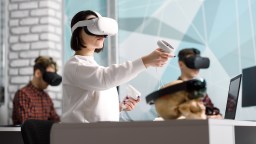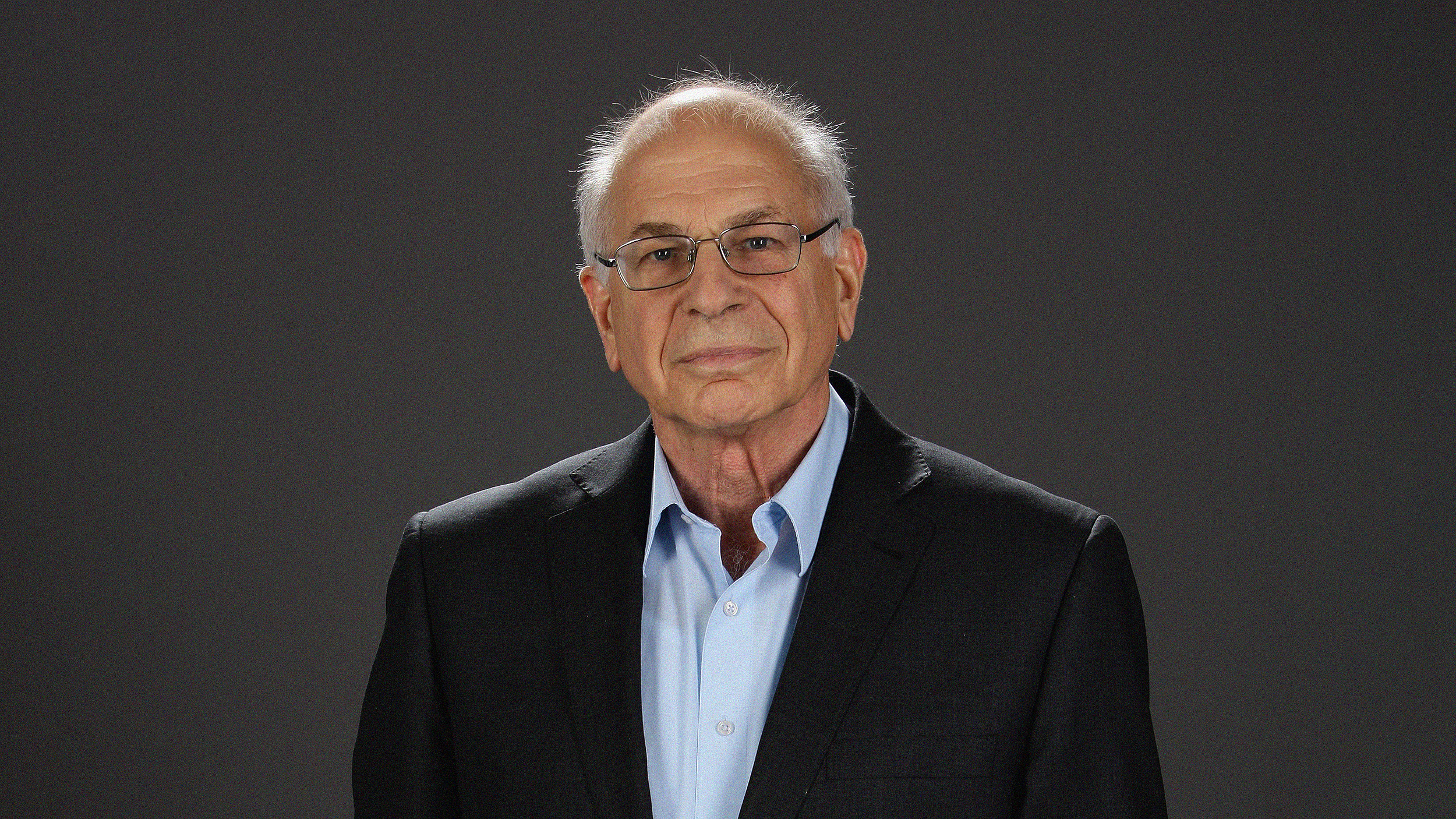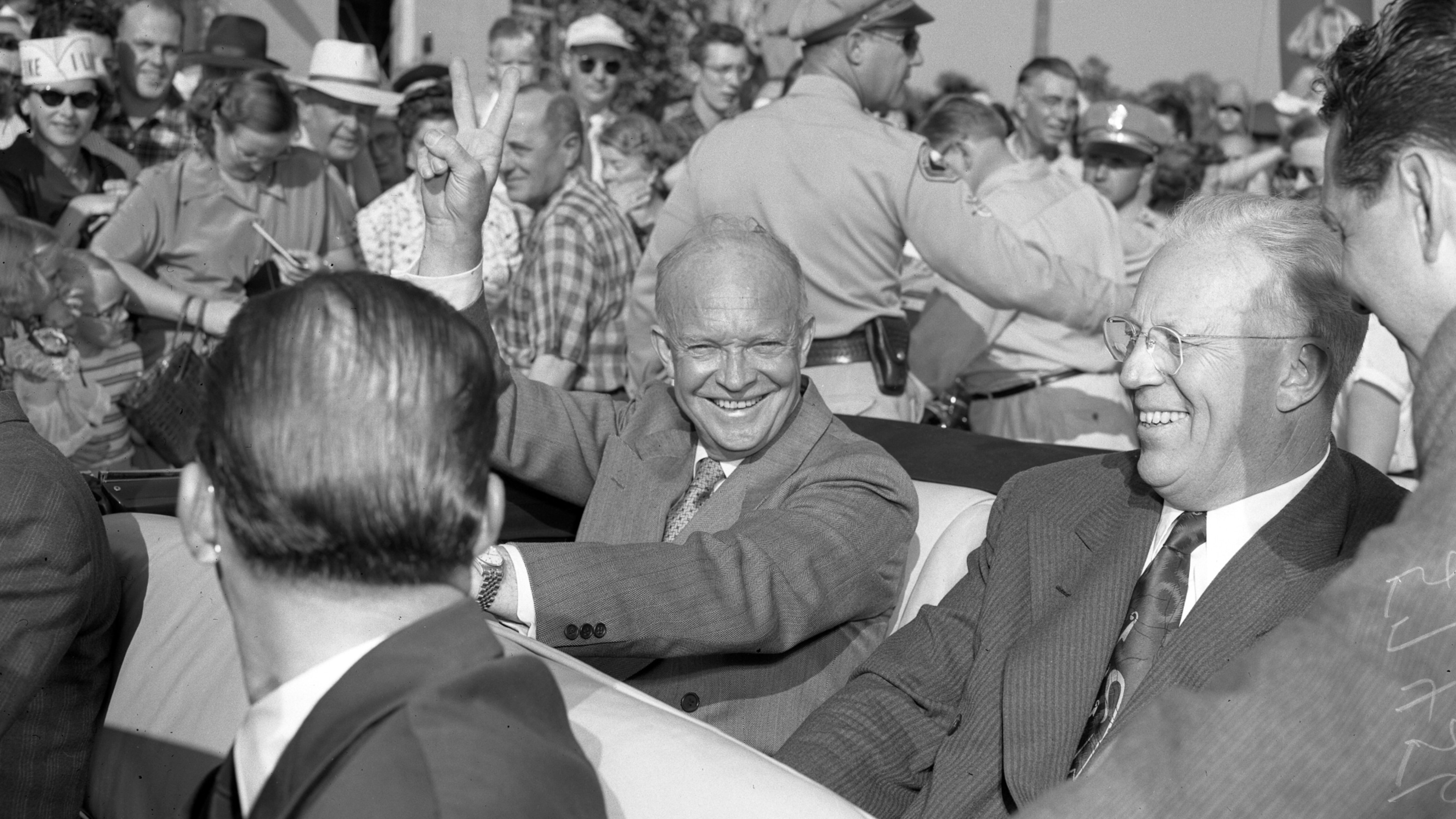Who knows more about you than anyone else? Perhaps it’s not so much who, but what. Our intimacy with our devices has surpassed our closeness with most of our friends and family, says Nichol Bradford, and an algorithm never forgets – it will remember everything you ever typed into a search box, how you voted, when you were sick, where your scroll slowed down on a page, how quickly you clicked a picture that it mathematically knew you would like. Until now, big data like this has been used purely for profit, so that media companies can sell advertising, and e-commerce sites can move units. But that’s about to change, explains Bradford. There is tech emerging that can not only track your external behavior, wishes and desires, but read your inner biological signals and interpret micro-expressions on your face to accurately assess your psychological state. If you put this technology into the hands of individuals, not just companies, it could help us manage our habits. This technology could first show us who we really are – objectively, with none of our ego-protective denial or projection – then be a tool to change our behavior and thinking patterns for the better. Nichol Bradford is the author of The Sisterhood.
Nichol Bradford is the author of The Sisterhood.
Nichol Bradford: Your phone probably knows more about you right now than your mom, because it’s the first thing you touch in the morning, it’s the last thing you touch at night. And if it were to be able to view everything it would know who you call, how long you call, what apps you use. It has the potential to have a really good understanding of who you are and what you’re up to.
When people think about their feelings a lot of times people feel like feelings are really ephemeral or that it’s just a very sort of personal thing. Well it turns out that our feelings actually do have signals that show up in things like our heart rate variability, our galvanic skin response. And so there’s actually signal to our feelings. And so what’s starting to happen is we’re starting to have the ability to pick up the biological signals from various mental states. Stress is probably the easiest one.
And then another thing is that people feel like human psychology is very ephemeral too. Like we all like to think that we’re completely unique and special snowflakes. And while each snowflake has its own story like my mother is a different person than your m other. I grew up in a different neighborhood than you did. When you start to take the data from our digital exhaust, it actually is very, very good at predicting what we’re interested in which is also a good proxy for human psychology.
And so, you know, a good place to ask oneself is like is this science fiction or is it real would be just look at the ad tech business. So when you’re on Facebook or when you’re online the advertisers or the people who are supporting the advertisers know exactly what you stop on. They track something called scroll speed so they know what catches your eye even if you don’t click on it. And so and also there’s a lot of research that’s going into micro facial recognition making that something that advertisers can use to really see the effectiveness of their ads. We have over 100 facial expressions, only nine of which we control. And so these things are great at picking up our emotion, what we like, what we don’t like. And if you add that into a lot of data about what sites you went to, what you checked out it becomes fairly easy to create a profile of someone.
Right now a lot of these things are really just being used for advertising. But you could also use it to turn it and put it in the hands of the consumer so that they can understand themselves better. Because we aren’t actually really good often at managing ourselves or always knowing what we’re up to over time. It’s one of the reasons why behavior change is such a hard task. Like it’s actually hard to change your behavior
To take that and use that to harness that for you so you could say this is what I’d like to do, this is what I’d like to change, these are the things that I’d like to improve on. This is what I’d like to understand about myself. And to have all of that technology instead of having a use case just to sell things to you for it to be a use case for you to transform into who you want to be.







